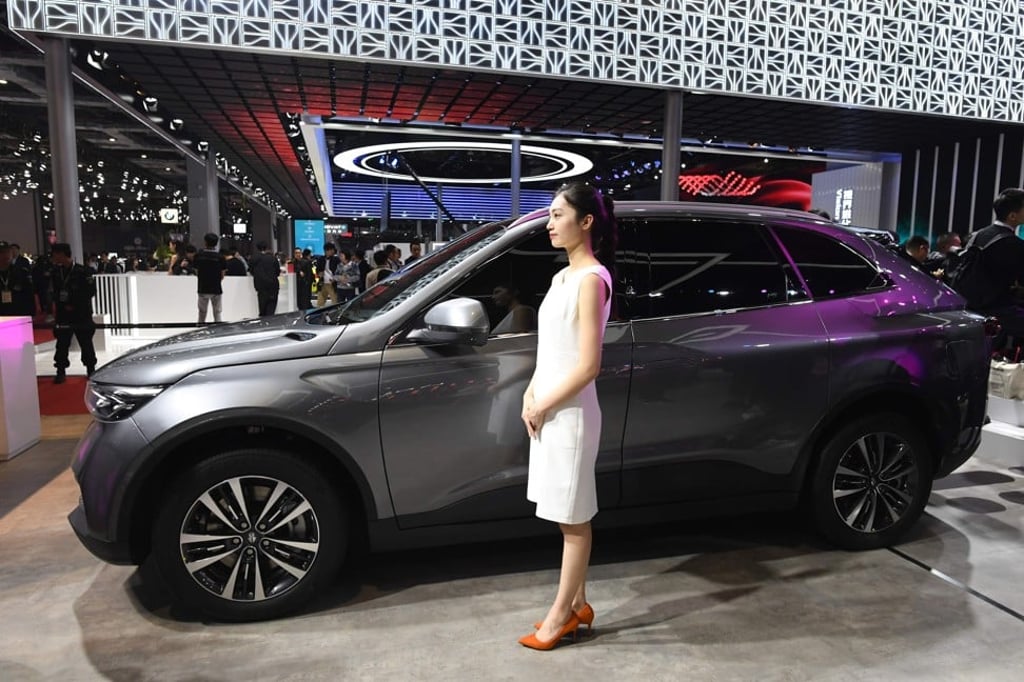China may expand stimulus in response to potential US trade war tariff hike, analysts say
- More tax cuts, incentives for appliance and car purchases, lower borrowing rates among stimulus options for China’s government
- US President Donald Trump tweeted plans to increase tariffs on Chinese goods, leading to expectation of more stimulus from Beijing

China may up the pace and size of its economic stimulus to cushion the impact on already sluggish consumption, following the escalation of trade tensions, analysts said.
The options include additional cuts in taxes and fees, incentives for buying big ticket items like appliances and cars, and a further lowering of interest rates to boost lending to the real economy, particularly for small firms that will be hit hardest by increased trade tensions.
A further reduction in property sales restrictions in smaller cities, as well as further measures to open up the economy to foreign investors could also be considered, they said.
Stronger-than-expected economic growth figures for the first quarter led to the Chinese government downplaying the need for additional economic stimulus. However, a couple of explosive tweets from US President Donald Trump on Sunday may force Beijing to reconsider.

“A scenario of no trade deal was the hypothesis condition when the government was designing the economic policy for this year,” said Ding Shuang, chief Greater China economist for Standard Chartered Bank. “The government has had countermeasure plans. Now it is time for them to come in handy.”